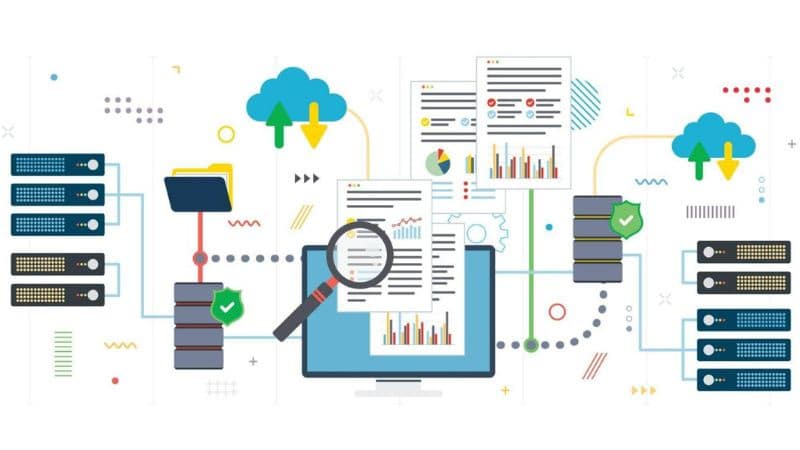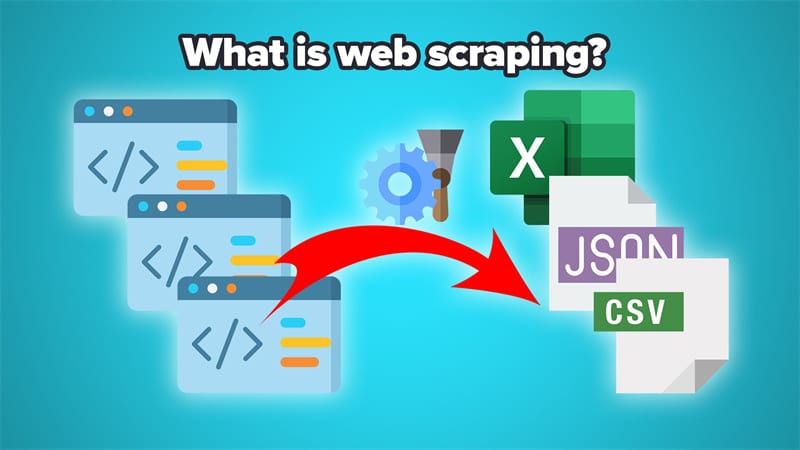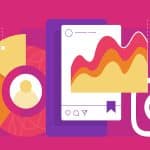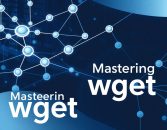
Because data mining and web scraping share numerous similarities, people often use them interchangeably. The truth is, they are significantly different from one another.
Although both concepts are gaining traction given their immense benefits, that does not make them one.
We’ll describe both terms in the guide below and explain how they are different.
The Importance of Web Data Collection and Analysis
There are around 7.83 billion people globally, and 4.66 billion are active internet users – that’s the secret behind the production of 2.5 quintillion bytes of data every day.
We all know that the internet gained traction soon after its launch, but it became more popular with each passing day. Today, businesses rely on the internet and data to run their organization.
When companies harness valuable online data, they can translate it into a revolutionary approach, benefitting their organization. Here’s how web data collection and analysis can help transform businesses.
- Brands can understand the current state of their business by delving into sales and customer data.
- They can track their strengths and weaknesses and find what they can do to stay ahead in the e-commerce industry.
- Competitor analysis helps them design profitable products, satisfy their customers, and draw leads.
What Is Web Scraping?
Web scraping, also called data extraction or collection, involves scraping the data from the web. Businesses execute software and tools for an efficient web scraping process.
For instance, they may set up a scraper that’ll extract all the data and download it into a readable format – structure the unstructured information.
When you copy and paste the data from any website, you scrape it. The only difference is that web scraping is automated, and you perform it manually.
Note that you aren’t restricted to performing scraping only from official data sources. Instead, you can utilize all the publicly accessible website data.
Web Scraping Usage
You can use data extraction for various purposes. For instance, you can compare the prices of products and services in your niche by scraping data from different websites.
Further, you can also perform live web scraping. For example, most weather apps on iOS, Windows, and Android devices do not display their weather data. Instead, they import live data from other weather data providers and execute them into their app user interface.
What Is Data Mining?

Web scraping is the act of extracting data. It focuses primarily on valuable data and credible information. Data mining, on the other hand, aims to create something beneficial out of the data – even if it's less valuable.
It drives information from the raw data and analyzes it for current trends and peculiarities. While you can extract web pages for data mining, it is also done through public records, online surveys, and cookies.
Data mining doesn’t care where the data comes from so long as it’s reliable and legal. Instead, it involves mining the data for information. You can do so by using spreadsheets and harvesting the data through coding languages like R, Python, and others.
Data Mining Usage
While data scraping is reused for a different purpose, data mining aims to create value from the given data. Generally, most data mining projects aren’t technical. Instead, they fall under the data science categories.
Further, it can also be used for online marketing. You can utilize the data for gaining business insights or collect third-party data to make helpful business decisions.
For instance, meteorologists mine excessive weather forecast data for accurate results.
Data Mining Vs. Web Scraping: What’s the Difference?

Web scraping is the process of harvesting data from online sources and structuring it into a readable format. It doesn’t focus on data analysis or processing.
On the flip side, data mining analyzes large datasets to unfold valuable insights. It doesn’t involve collecting data.
Businesses use both techniques to make critical decisions. However, the former focuses on data collection while the latter aims to analyze the collected data.
A few people question which route to take: web scraping or data mining? In all honesty, you need both for a promising outcome. Web scraping will help you automatically harvest credible online data, but this data remains useless unless you implement data mining.
You can use data mining to derive more value from the collected data.
Conclusion
The swiftly growing digital world keeps shifting data collection and analysis methods. Web scraping and data mining are two popular terms. It isn’t uncommon to stumble upon them both when searching about data collection and analysis.
While, for example, Python web scraping focuses on data extraction, data mining analyzes the scraped data and uses it to the maximum. You can find more info on Python web scraping as it is the most convenient general-purpose web data extraction language.
It wouldn’t be wrong to say that they both complement each other. So, you need to execute both practices to make more informed business decisions.
Plus, do not forget to invest in reliable web scraping and data mining software for hassle-free data collection and analysis.






